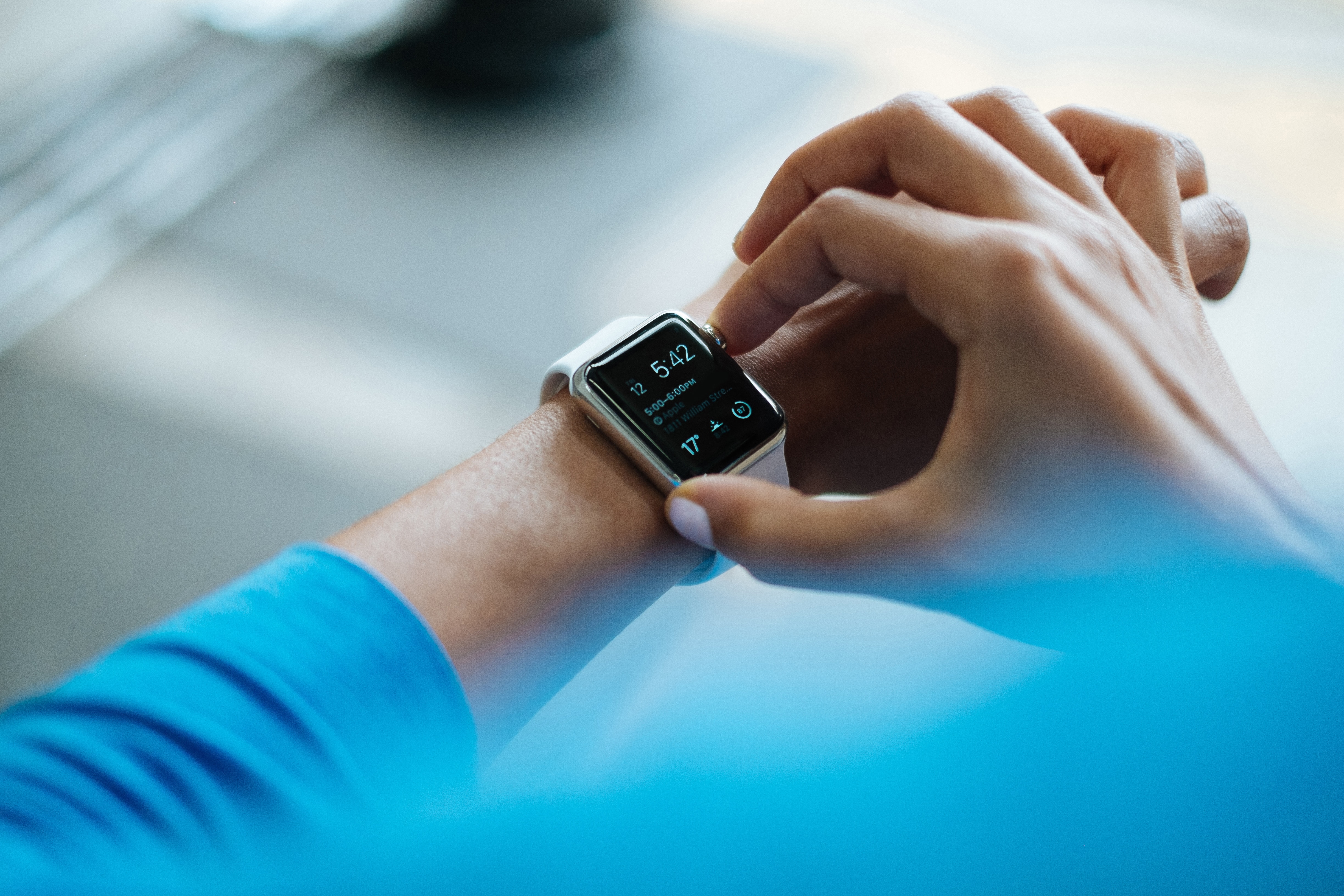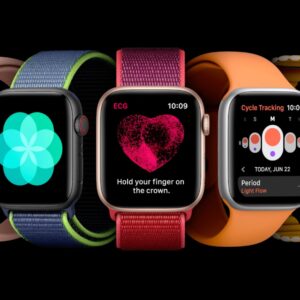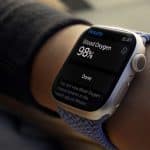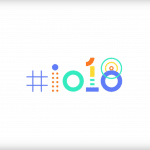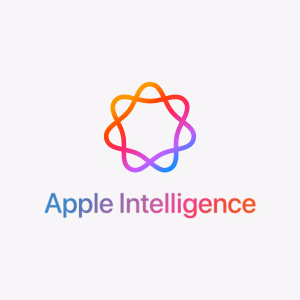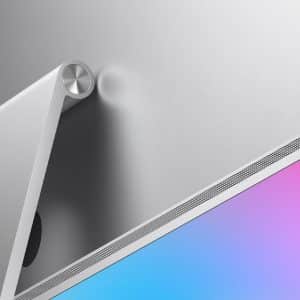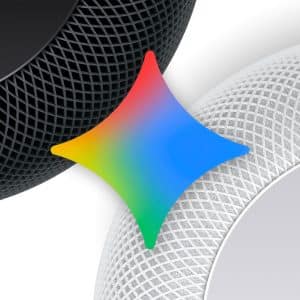Apple has long been considered a pioneer in technology, transforming the way we communicate, spend money, and work.
But one area where you may not have considered Apple’s dominance is in healthcare – an increasingly important space for the company.
Today, we’ve put together five ways Apple is changing the industry…
Apple Car
Apple Car is an avenue where health could be revolutionized, with rumors and patent leaks confirming Apple’s plans to build a self-driving vehicle.
As expected, information on the project, codenamed Titan, has been scarce, and conflicting reports have suggested that the project has been pulled entirely.
However, insiders have confirmed that Project Titan is alive and well, although the scope of Apple’s car project is unknown. What we do know, however, is that nearly 1.25 million people die in road crashes each year, on average 3,287 deaths a day.
An additional 20-50 million are injured or disabled through road traffic collisions every year, demonstrating the danger of driving and the opportunities for tech companies such as Apple to reinvent the wheel – quite literally.
Apple Glasses
The Apple Glasses project has been on-off for a number of years, and whilst we don’t know exactly what we can expect from the Cupertino firm when the project launches, we do know that it involves Apple’s augmented reality technology and a pair of glasses.
One problem Apple Glasses could, theoretically, tackle is glaucoma, a disease that causes damage to the optic nerve and worsens over time.
Without treatment, glaucoma can cause vision loss – and is the world’s leading cause of blindness.
It can only be detected with vision tests, and so if Apple could bake a weekly test into their Apple Glasses product, they could potentially save thousands of consumers from going blind every year, encouraging them to visit their optician.
HomeKit: the new home help
HomeKit may not come to mind when someone mentions Apple and healthcare, but Apple’s smart home technology could play a role in the future of our health at home.
As consumers kit out their properties with HomeKit-enabled devices like cameras, speakers, light bulbs, and HomePods, environment monitoring will become all the more effective, allowing Apple to detect falls, break-ins, and even neurological dysfunction monitored from dictation via Siri.
The global smart home market is forecast to grow to 53.45 billion U.S. dollars in size by 2022 and if Apple wants to dominate in the sector, then its vertically-integrated ecosystem approach must step up a gear, starting with the HomePod.
While Google and Amazon dominate the sector with their Alexa and Google Home devices, Apple is trailing behind and could be left out in the cold.
By introducing a budget Siri speaker for the home, consumers will choose to lock into the Apple ecosystem and take advantage of future innovations in Apple’s smart home technology, ultimately improving their safety and health. If Apple is too slow to react to price-conscious consumers, its competitors will likely overtake.
Apple Watch
From encouraging us to take a walk to abnormal heart rate alerts, Apple Watch is one of the world’s most powerful healthcare devices, and it keeps getting better.
With watchOS 6, Apple will introduce new ways to keep an eye on your health such as cycle tracking and ambient noise monitoring, as well as incorporating a new medication adherence app to encourage users to take their pills.
But there’s still a way to go to make the Apple Watch the ultimate health monitoring device on your wrist.
It’s been rumored for a number of years, and it seems like the technology is finally coming soon: blood glucose monitoring could be introduced to a future Apple Watch to help diabetes sufferers manage their condition.
And by connecting the data in realtime to hospitals, EMS services, and family members, sufferers will see their quality of life improve and rest assured that their condition is being managed.
HealthKit
What’s particularly interesting about HealthKit and the iPhone is data.
Making the iPhone the central hub to our health makes sense for consumers and being able to funnel that data to hospitals and medical practices around the world would create a more effective healthcare system, allowing doctors and Apple to warn users about potential medical issues.
Apple Health Records — which consolidates and stores patients’ medical histories — is at the epicenter of the company’s plan to reshape the market.
It already has a 16% penetration in the United States.
As Apple introduces new integrations, HealthKit will become an even more powerful tool for research and treatment; perhaps it will soon be totally indispensable.
Where do you see Apple innovating next? Let us know your thoughts over on Twitter and check back soon for more…
